Top 9 Vaccines For Women Before Conception
Vaccines are a method that helps your body resist infection-causing microorganisms. Vaccines work by activating your body's immunological response, which ... read more...includes the production of antibodies that can fight infections and keep you from getting sick. Some vaccines are safe to receive during pregnancy, while others should be administered at least one month before or after the baby is born. Certain vaccines are advised for all pregnant women, while others may be suggested exclusively for those with specific medical issues or who are at risk of contracting a specific infection.
-
Influenza is a viral virus that affects your respiratory system, specifically your nose, throat, and lungs. The flu is a common term for influenza, although it is not the same as stomach "flu" viruses that cause diarrhea and vomiting. If you get the flu while pregnant, your baby may be born prematurely or with low birth weight, and it may even result in stillbirth or death within the first week of life. The flu vaccine is safe to receive at any stage of pregnancy, from the first few weeks to the projected delivery date.
Getting the flu while pregnant raises your chances of preterm labor and birth (labor and birth before 37 weeks of pregnancy). Premature newborns may have more health issues and may need to stay in the hospital longer than full-term babies. It is safe to obtain the flu shot before and throughout pregnancy.
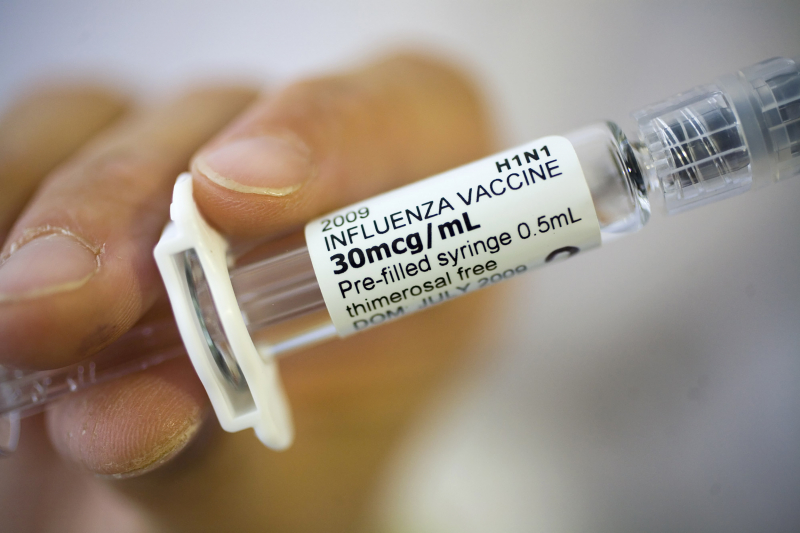
nbcnews.com 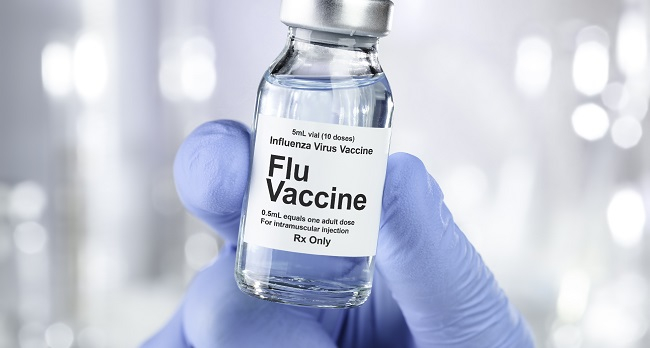
tctmd.com -
You most likely had the MMR vaccine as a child, but as you get older, you may require a booster shot (another dose). Before becoming pregnant, ask your doctor for a blood test to discover if you are immune to measles, mumps, and rubella. If you do get a booster shot, have another blood test afterward to double-check your immunity before getting pregnant. Wait 4 weeks after receiving an MMR immunization before becoming pregnant.
Measles is easily transmitted and can produce a rash, cough, and fever. It can be dangerous during pregnancy and lead to miscarriage. When a baby dies in the womb before the 20th week of pregnancy, this is referred to as a miscarriage. Mumps can result in a fever, headache, and swollen glands in the face and neck. Rubella can cause flu-like symptoms as well as a rash. It can result in major complications during pregnancy, such as miscarriage, stillbirth, early birth, or congenital rubella syndrome (also called CRS). When a baby dies in the womb after 20 weeks of pregnancy, this is referred to as stillbirth. CRS can result in a baby being born with one or more birth abnormalities, such as heart issues, eye problems, or hearing problems.
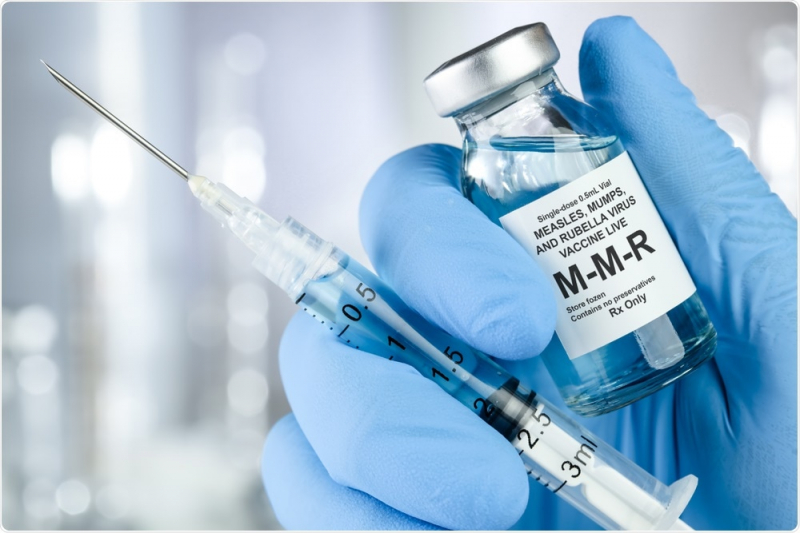
news-medical.net 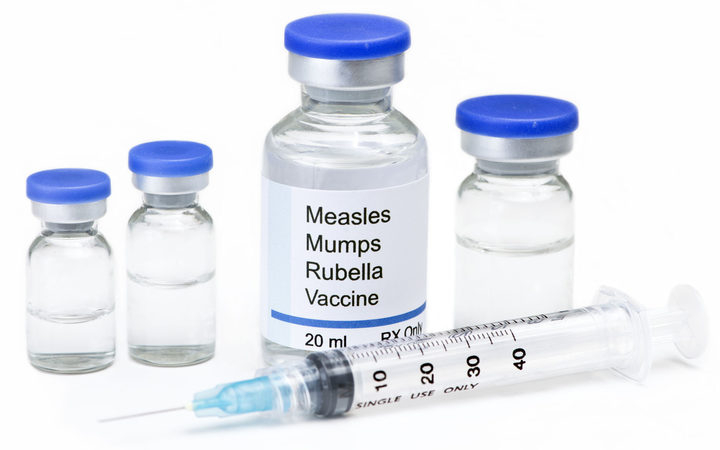
cmmediclinic.com -
Many women of childbearing age have experienced chickenpox (varicella) or got the varicella vaccination as a child. Because chickenpox can affect a pregnant woman and her fetus, testing your immunity to chickenpox before conceiving is a smart idea. If you aren't immune, now is a good time to be vaccinated. The VZV vaccination, like the MMR booster, is a live-attenuated virus vaccine. Due to the theoretical risk of prenatal exposure, a woman should receive this vaccine at least four weeks before attempting to conceive.
Chickenpox is contagious and can cause itching skin, a rash, and fever. If you acquire chickenpox while pregnant, it can result in birth abnormalities. Birth defects are medical abnormalities that occur at birth. They alter the shape or function of one or more body parts. Birth defects can affect overall health, how the body develops, and how the body functions. Tell your provider if you're thinking about getting pregnant and haven't had chickenpox or been vaccinated against it. This immunization is not safe to receive while pregnant. If you require it, obtain it before you become pregnant. Wait one month after receiving this immunization before attempting to become pregnant.
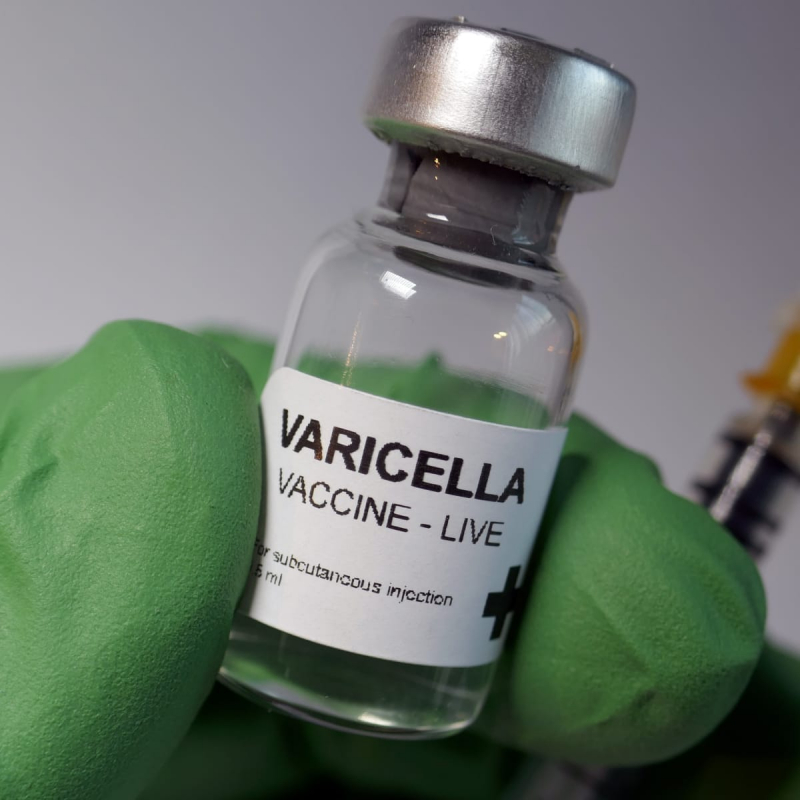
history.com 
clinicaladvisor.com -
This vaccination aids in the prevention of new HPV infections as well as HPV-related illnesses such as cervical cancer. It is advised for teenagers and people up to the age of 26, although people aged 27 to 45 may benefit as well. Consult your doctor about this. While the HPV vaccine is not recommended during pregnancy, obtaining it accidentally during pregnancy is not associated with any risk to you or your baby.
In many countries, HPV is the most frequent sexually transmitted illness (also known as STI, sexually transmitted disease, or STD). An STI is an infection that can be contracted through unprotected intercourse or through intimate physical contact with someone who is infected. HPV infection can result in genital warts or cervical cancer. The HPV vaccine is not available during pregnancy, so if you require it, get it before you become pregnant.
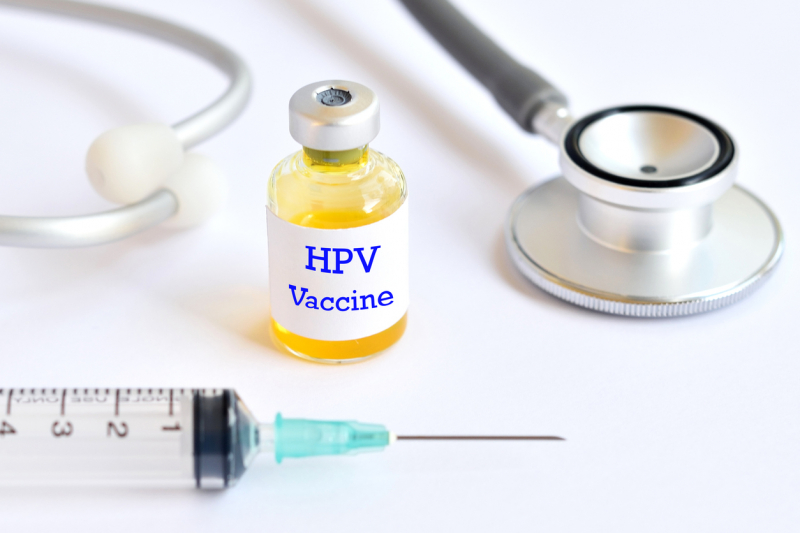
immunizationinfo.com 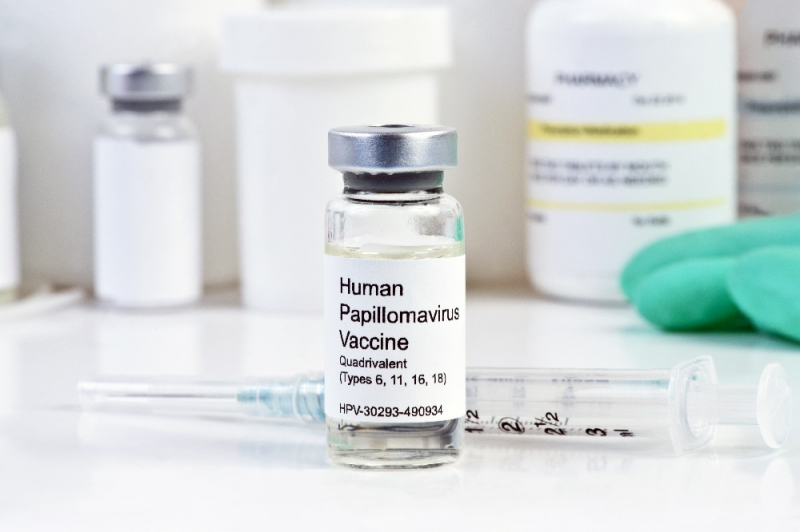
pharmaceutical-technology.com -
The pneumococcal vaccine protects against potentially fatal pneumococcal infections. It's also referred to as the pneumonia vaccination. Streptococcus pneumonia causes pneumococcal infections, which can result in pneumonia, blood poisoning (sepsis), and meningitis. In the worst-case scenario, they can cause lifelong brain damage or even death. Pneumococcal vaccines should be given to people who are at high risk of contracting pneumococcal infections.
Ideally, the vaccine(s) should be administered before pregnancy. Pneumococcal vaccinations, on the other hand, appear to be safe when administered in the second and third trimesters. The pneumococcal vaccine, like most vaccines, can cause modest adverse effects in both children and adults. These are some examples: a little elevated fever redness where the injection was administered, hardness or swelling in the area where the injection was administered.

aarp.org 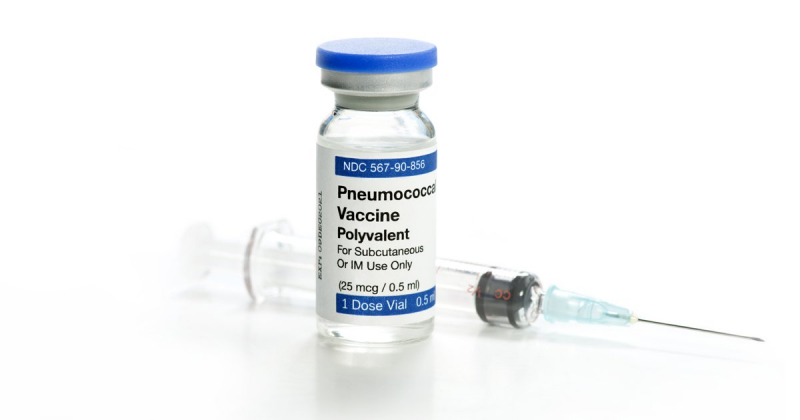
aarp.org -
Meningitis is an inflammation (swelling) of the membranes that protect the brain and spinal cord. The swelling is usually caused by a bacterial or viral infection of the fluid around the brain and spinal cord. However, meningitis can also be caused by trauma, tumors, certain medicines, and other forms of infections. The first symptoms are usually a fever, vomiting, headache, and a general feeling of being poorly. Limb pain, pale complexion, and cold hands and feet frequently emerge before the rash, neck stiffness, aversion to bright lights, and bewilderment. Pregnant women with certain immune problems or those likely to be exposed to meningitis, are recommended to get vaccinated before pregnancy.
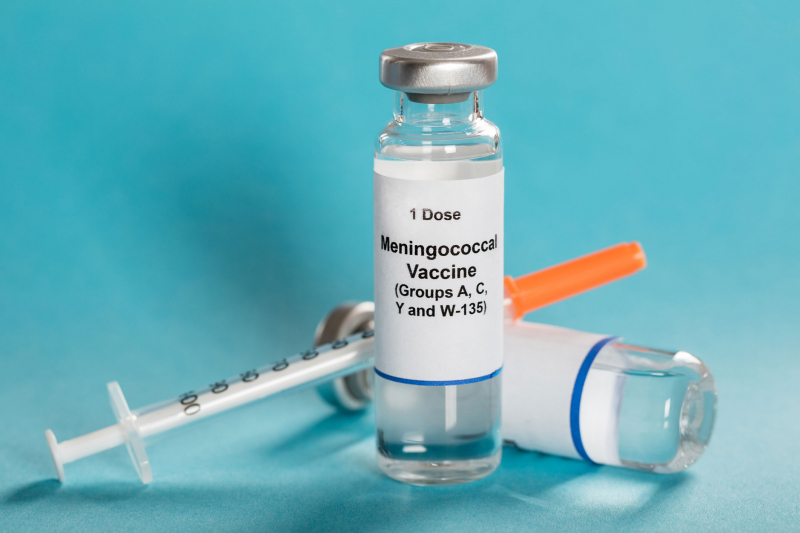
greenhillspeds.com 
njspotlightnews.org -
Hepatitis A is a virus that can lead to pregnancy difficulties such as preterm contractions or placental abnormalities. There are no known dangers to a developing fetus from the vaccination. Pregnant women who are at risk of developing hepatitis A should get the hepatitis A vaccine. Travel, health-related habits, medical problems, or exposure during an outbreak can all put you at risk for hepatitis A.
Hepatitis B is a dangerous illness that can cause chronic (lifelong) liver inflammation and can be transmitted to the fetus. Although many people were not immunized as children, a sequence of three hepatitis B vaccines is now routinely administered throughout infancy. There are no known dangers to the developing fetus from the vaccination. The hepatitis B vaccine is advised for pregnant women who are at risk of contracting hepatitis B during their pregnancy (for example, because they live with someone infected with hepatitis B) and for those who started the vaccine series before becoming pregnant.
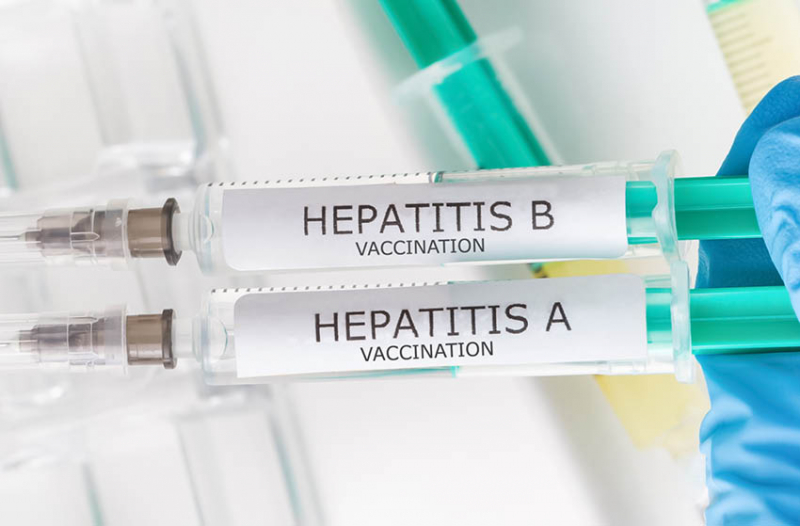
on.bluecross.ca 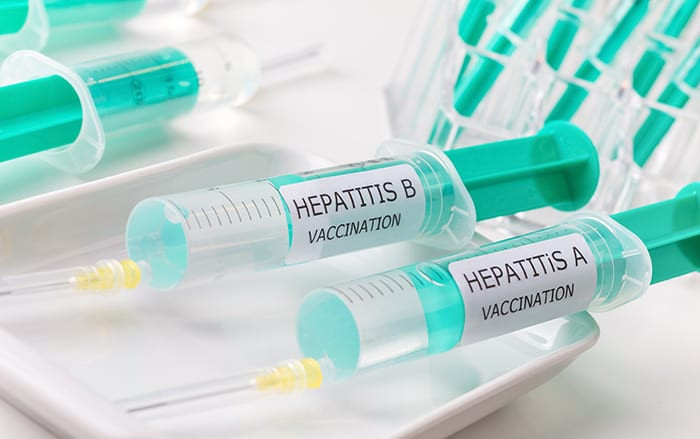
samitivejhospitals.com -
Tetanus, diphtheria, acellular pertussis (whooping cough) vaccine, sometimes known as "Tdap", is advised for pregnant women at all stages of their pregnancy, even if they have already received it. It should be administered between weeks 27 and 36 of pregnancy. Newborns are especially vulnerable to serious consequences from whooping cough (pertussis), and this vaccine helps prevent them from infection and complications. It is also suggested that anybody who will be in close proximity to the newborn, such as family members and caretakers (for example, babysitters, including teenagers), receive all necessary whooping cough vaccines. If their immunizations are out of date, they should be vaccinated.
Tdap is a dormant vaccine, which means it is manufactured from dead bacteria. You cannot become ill from dead bacteria. Tdap is not the same as DTaP, the vaccination is used to prevent the same infections in children.
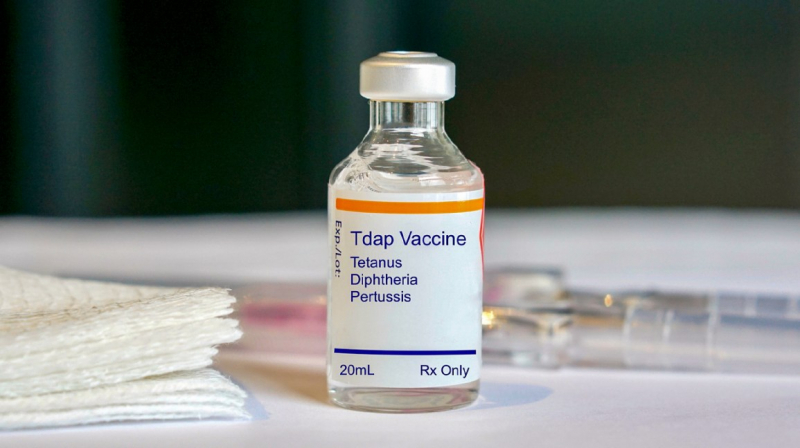
healthline.com 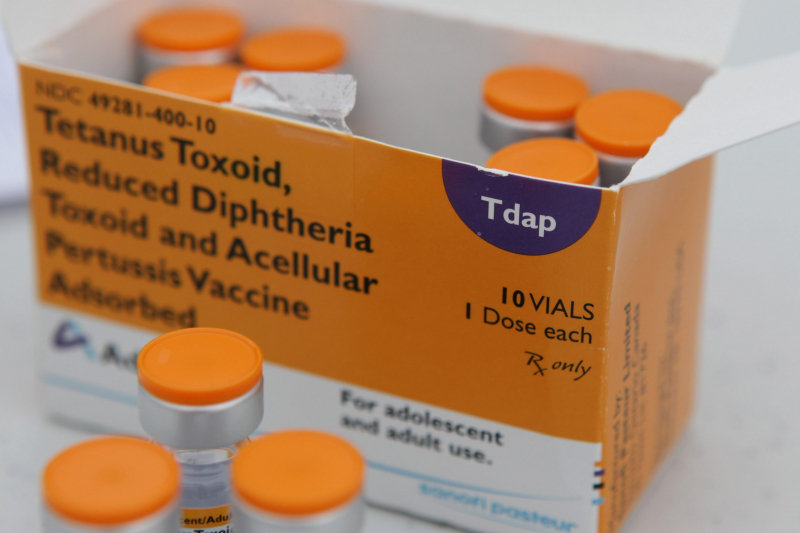
thehealthy.com -
Coronavirus disease 2019 (COVID-19) is a virus infection caused by the severe acute respiratory syndrome coronavirus 2 virus (SARS-CoV-2). It can produce a fever, a cough, and difficulty breathing, among other symptoms. COVID-19 causes serious illness in certain persons. Pregnant women are more prone than nonpregnant women to have serious disease as a result of COVID-19.
Pregnant women should get vaccinated to lower their chances of becoming infected as well as the severity of their illness, according to experts. The COVID-19 immunizations do not raise the risk of miscarriage or harm a growing fetus.
In addition to getting vaccinated, you can protect yourself further by avoiding ill people, washing your hands often, and wearing a face mask in crowded public places.
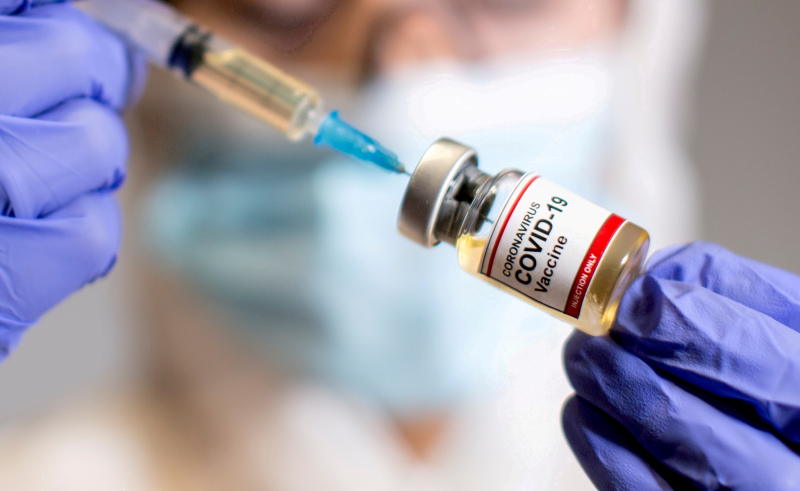
reuters.com 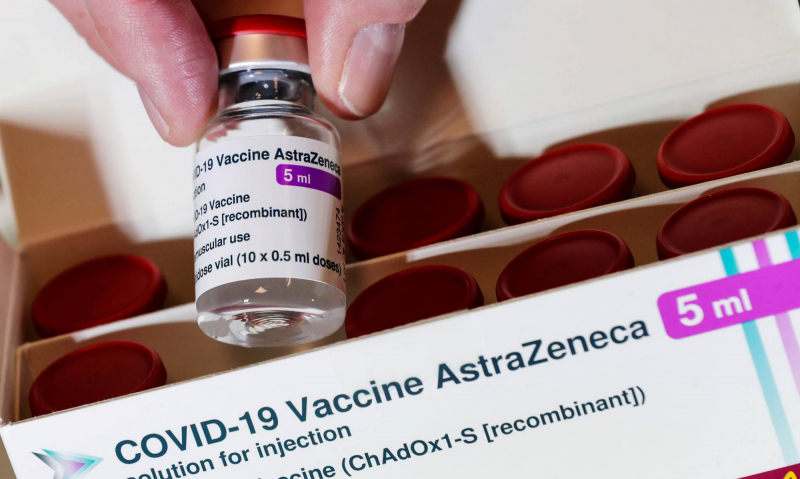
moh.gov.vn























